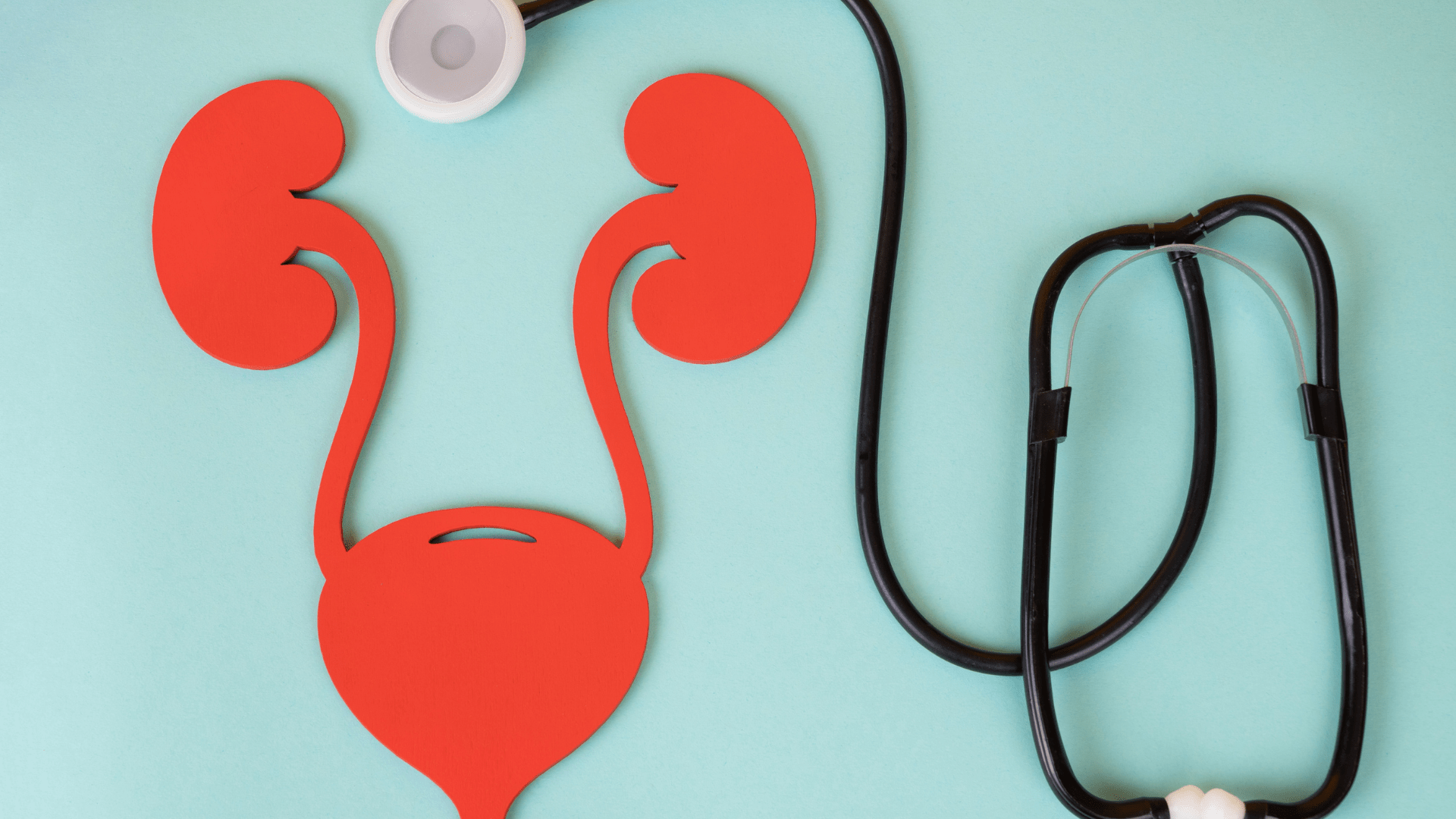Your due date, also known as your estimated due date (EDD), is an important calculation that helps you prepare for the arrival of your precious baby. However, it’s essential to remember that the due date is just an estimate and not a strict deadline for your baby’s arrival. In fact, only a small percentage of babies are born on their due dates. So, let’s explore how you can estimate your due date and understand it better.
Calculating Your Due Date
Most pregnancies last around 40 weeks (or 38 weeks from conception). One common way to estimate your due date is to count 40 weeks, which is equivalent to 280 days, from the first day of your last menstrual period (LMP). Healthcare providers often use this method and can give you a general idea of when to expect your baby’s arrival. Alternatively, you can subtract three months from the first day of your last period and add seven days to determine your estimated due date.
Another common method used to calculate the estimated due date is Naegele’s Rule, which involves three simple steps. Here’s how you can use Naegele’s Rule to estimate your due date:
- Step 1: Determine the first day of your last menstrual period (LMP). This is the first day of your most recent period before you became pregnant.
- Step 2: Count back 3 calendar months from the first day of your LMP. For example, if your last menstrual period began on April 8, 2022, counting back 3 months would bring you to January 8, 2022.
- Step 3: Add 1 year and 7 days to the date obtained in Step 2. Using the previous example, adding 1 year and 7 days to January 8, 2022, would give you an estimated due date of January 15, 2023.

It’s important to note that Naegele’s Rule is based on a normal 28-day menstrual cycle. If your menstrual cycle is longer or shorter than 28 days, the dates may need to be adjusted accordingly. Remember that this method provides an estimated due date and should be used as a general guideline.
Conception Date
If you’ve been keeping track of ovulation symptoms or using ovulation test strips, you may have a better idea of when conception occurred. By adding 266 days to your conception date, you can estimate your due date more accurately. This method is particularly helpful for women monitoring their fertility signs closely.
IVF Transfer Date
The due date calculation is slightly different for women who have undergone in vitro fertilization (IVF). In most cases, embryo transfers occur three or five days after egg retrieval and fertilization. If you had a day-three transfer, you could calculate your due date by adding 263 days from the transfer date. Similarly, you can add 261 days to determine your estimated due date if you had a day-five transfer.
Ultrasound scan
Ultrasound scans play a crucial role in estimating your due date and monitoring the progress of your pregnancy. While the first day of your last menstrual period (LMP) is commonly used to estimate your due date, an early ultrasound can provide more accurate dating information. Here’s what you need to know about ultrasound scans and their role in determining your due date.
If you have an early ultrasound, the data obtained from the scan can help your healthcare provider determine your due date. This information is particularly useful if you are unsure about the timing of conception, have irregular periods, or other methods of estimating the due date are inconclusive. However, it’s important to note that not all women receive an early ultrasound. Some practitioners recommend it based on factors such as irregular periods, advanced maternal age (35 or older), previous pregnancy complications or miscarriages, or if the due date cannot be determined using other methods.
Apart from ultrasound scans, other indicators can help your healthcare provider determine your due date during prenatal check-ups.
- Pregnancy milestones such as detecting the baby’s first heartbeat (around week 9 or 10) and feeling fetal movement (typically between 18 and 22 weeks) can provide valuable clues.
- Additionally, your healthcare provider will measure your fundal height, which is the distance between your pubic bone and the top of your uterus. This measurement is taken at each prenatal visit and helps confirm your due date.
- The size of your uterus, observed during the initial internal pregnancy exam, can also be considered in determining the estimated due date.

Can I plan my delivery date?
While some try to time their conception to achieve a specific due date, it’s important to remember that pregnancy is unpredictable. Even if you plan to conceive during a certain time, the exact date of birth is often uncertain. Factors such as individual variations in pregnancy length and the unpredictable nature of labor and delivery make it challenging to pinpoint an exact due date.
Can my due date change?
It’s worth noting that your due date can change during the course of your pregnancy. This is not typically a cause for concern. Your healthcare provider may adjust the due date based on irregular periods, discrepancies in ultrasound dating, abnormal fundal height measurements, or atypical alpha-fetoprotein (AFP) levels in your blood. If you have any questions or concerns about your due date, it’s best to discuss them with your healthcare provider, who can provide personalized guidance based on your specific circumstances.
Remember that while estimating your due date is important for planning and preparation, the actual timing of your baby’s arrival can vary. Maintaining open communication with your healthcare provider throughout your pregnancy is essential to ensure the best care for you and your baby.
Conclusion
Estimating your due date is an important step in preparing for the arrival of your little one. While it’s good to have an estimated date in mind, remember that babies have their unique timelines. Embrace the journey and allow your baby to arrive in their own time. Wishing you a joyful and healthy pregnancy!
References
FAQs
Are there any online calculators to determine the due date?
A: Yes, there are numerous online calculators that utilize various methods, such as Naegele’s rule, to estimate your due date based on the first day of your last menstrual period.
Can the due date change during pregnancy?
A: Yes, the estimated due date can change as the pregnancy progresses, especially if there are significant differences in ultrasound measurements compared to the original calculation.
What is the average length of a full-term pregnancy?
A: A full-term pregnancy typically lasts around 40 weeks, or 280 days, from the first day of the last menstrual period.
Are due dates always accurate?
A: Due dates are estimates and not always precise. Only about 5% of women give birth on their estimated due date.
What factors can affect the accuracy of due date calculations?
A: Factors affecting the accuracy of due date calculations include irregular menstrual cycles, inaccurate recall of the last menstrual period, and variations in fetal growth rates.
Can multiple pregnancies affect the due date calculation?
A: Yes, in the case of multiple pregnancies, such as twins or triplets, the due date might be adjusted because these pregnancies tend to have a shorter gestational period.
Can a due date be determined if I don’t know the first day of my last period?
A: While knowing the first day of the last menstrual period is helpful, your healthcare provider can use ultrasound measurements to estimate your due date even if you don’t have that information.
How early or late can a baby be born and still be considered within the normal range?
A: Babies born between 37 and 42 weeks of pregnancy are considered full-term and within the normal range.
Can a due date be changed if it is determined that the baby is measuring smaller or larger?
A: Yes, if the baby is measuring significantly smaller or larger than expected, the due date may be adjusted based on ultrasound measurements.
What if my due date passes and I haven’t gone into labor?
A: If your due date passes and you haven’t gone into labor, it’s essential to consult your healthcare provider, who will monitor your pregnancy and decide if any intervention is necessary to ensure your and your baby’s health.





